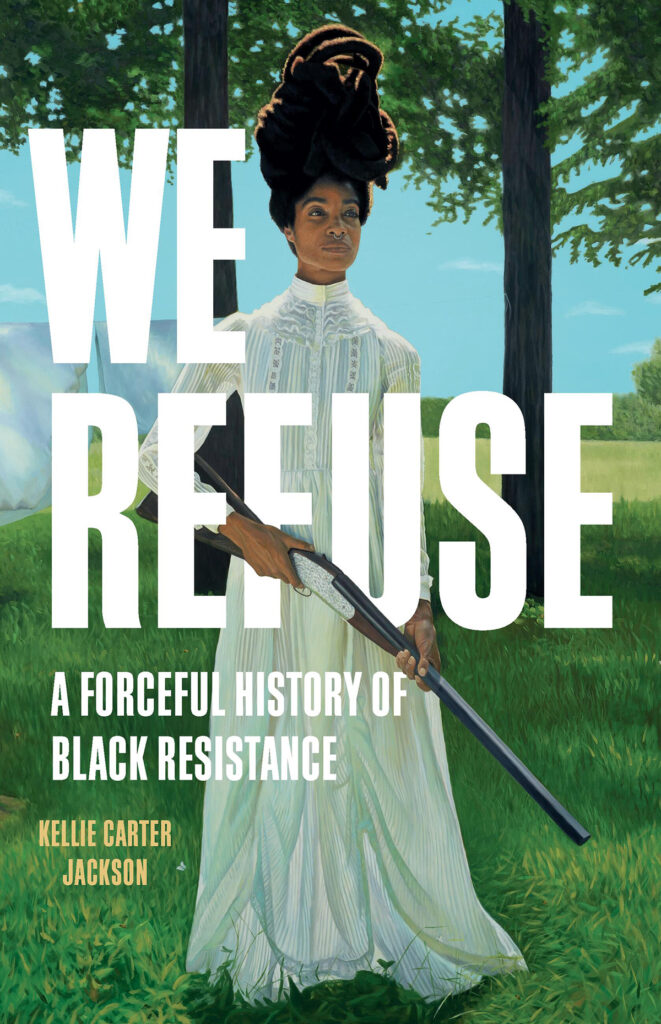 I, like many of you, have watched with dismay the flurry of executive and legislative actions undertaken at the state and federal level that seem to upend most people’s understanding of America’s domestic social contract, as well as our international leadership.
I, like many of you, have watched with dismay the flurry of executive and legislative actions undertaken at the state and federal level that seem to upend most people’s understanding of America’s domestic social contract, as well as our international leadership.
Particularly galling are the continued efforts to undermine and dismantle K-20 education, libraries, and museums–all of which are areas that affect Black History education. Florida was the canary in the coalmine, as our state executive has used his power to reshape the leadership in the State University System, most recently in the appointment of the former Lieutenant Governor as the president of Florida International University. Before that, the architect of the anti-DEI and anti-woke movement, Christopher Rufo, was rewarded with a board seat at the New College of Florida. This is in addition to the scrubbing of university curricula and websites for any mention of diversity, equity, and inclusion, and removing courses on social history (read: ethnic and gender studies) from the core curriculum. Put bluntly, these efforts are diminishing intellectual freedom and vanquishing expertise.
On the federal level, an executive order gutted the Institute of Museum and Library Services. This agency provides tremendous support to the Florida African American Heritage Preservation Network, a group of over 30 cultural institutions and museums throughout the state which preserve our historic places and stories. The loss of this funding leaves a critical gap in funding for these organizations.
In yet another missive, the POTUS specifically named the National Museum of African American History and Culture as an institution that needed to be reviewed in order to “restore truth and sanity” to the presentation of America’s history. The Orwellian language, as usual, is an attempt to justify yet another attempt to mollify, adulterate, and erase inconvenient truths about the racist and oppressive history of the United States.
History, however, continues to be an important source of inspiration. In her recent book, “We Refuse: A Forceful History of Black Resistance,” historian Kellie Carter Jackson. “Refusal,” Jackson writes, “is Black culture. It is our anthem, a mantra, a way of being, present in the novelty and genius of our vernacular, in the newspapers and literature we create to tell our stories, in the drum, banjo, and bass that permeate our music, in the vocals that refuse to be timid, diluted, or replicated….We refuse and build ourselves up.”
Jackson looks beyond the palatable examples of nonviolent resistance of civil rights leaders (examples, she points out, that are approved by the purveyors of oppression, and instead uplifts the myriad of ways that everyday Black folks have exercised refusal to exploitation and injustice through revolution, protection, force, flight, and, last but not least, joy.)
Jackson reminds us of the valuable wisdom that has been left to us in our history, the very thing they wish to silence. Her powerful reframing of Black survival strategies is necessary reading during these times.
Dr. Tameka Bradley Hobbs is regional manager of the African American Research Library and Cultural Center.





